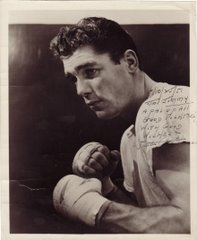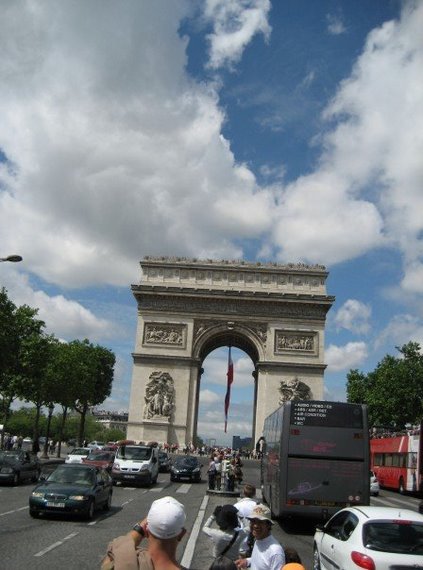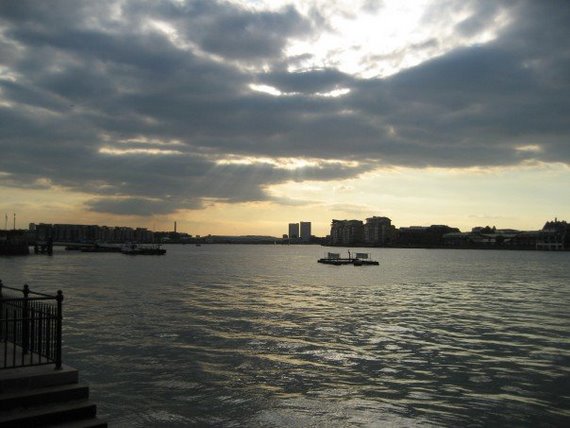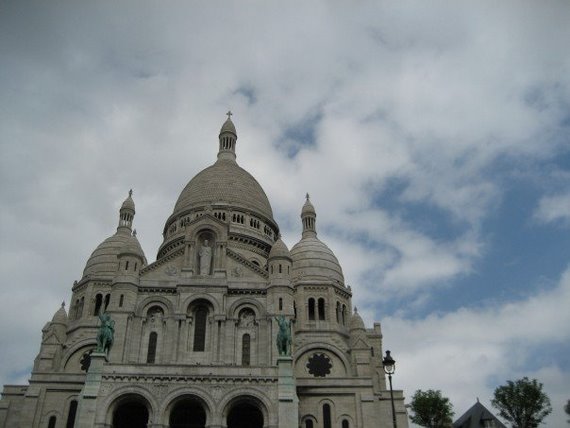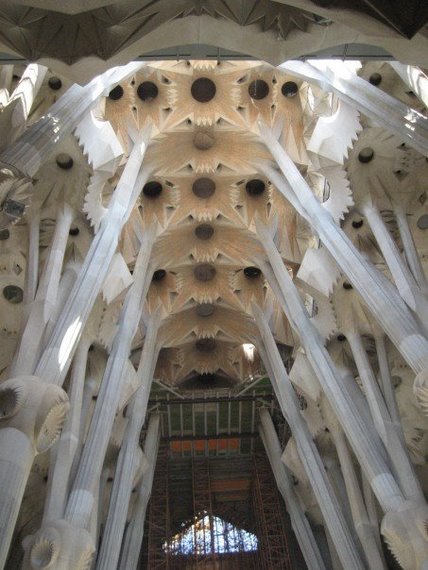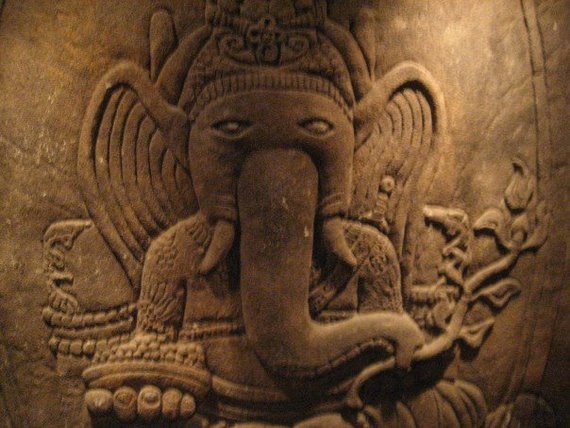
i've had some
very interesting debates over the past few weeks as to whether the united states of america was founded as a christian nation. below is a recent, fascinating discussion that took place on my favorite show on television on this very point, shedding light on both sides of the debate:
The McLaughlin Group, May 25, 2007 - MR. MCLAUGHLIN: "The United States was not, repeat not, founded as a Christian nation. This was stated early and unmistakably in a treaty drafted under George Washington in 1796 and signed by John Adams in 1797."
"As the government of the United States of America is not in any sense founded on the Christian religion, it is declared by the parties that no pretext arising from religious opinions shall ever produce an interruption of the harmony existing between the two countries." - John Adams
The Founding Fathers were insistent that the state remain neutral towards organized religion. "Christianity is the most perverted system that ever shone on man" -- Thomas Jefferson.
"During almost 15 centuries has the legal establishment of Christianity been on trial. What has been its fruit? More or less, in all places, pride and indolence in the clergy, ignorance and servility in the laity; in both, superstition, bigotry and persecution."
Question: James Madison is considered the author of the Constitution. Why was he so skeptical, even cynical, about Christianity? Clarence Page.
MR. PAGE: Well, because he was a man who knew from the European experience of what religion could do when it had state power behind it.
MR. MCLAUGHLIN: You mean the Inquisition.
MR. PAGE: I mean the Inquisition. I mean, the kind of religious conflicts we've seen in the United Kingdom, even today between --
MR. MCLAUGHLIN: What about witch-burning right in our own country?
MR. PAGE: Right. You could go on and on.
MR. MCLAUGHLIN: They were closer to that in time than we are.
MR. BUCHANAN: John, Jefferson and Adams were anti-Catholic, anti-papist. One of the causes of the Revolutionary War is the Brits turned the Ohio Valley over to the French Canadians and all these Catholics.
MR. MCLAUGHLIN: What's the point? What's the point? Catholics are Christians.
MR. BUCHANAN: What I'm talking about, you're talking 15 centuries, Madison said. He's talking about the Catholic Church. He's not talking about Protestant Christianity. We are a Christian country, or were. We are a secular nation under the Constitution. The two are not in conflict.
MR. MCLAUGHLIN: Do you care to comment on this?
MR. WALKER: Well, yes. I mean --
MR. MCLAUGHLIN: Are you a U.S. citizen, by the way?
MR. WALKER: No, but I'm a legal alien. (Laughter.) I hasten to say that.
MR. BUCHANAN: I think we ought to have a look at that. (Laughs.)
MR. PAGE: You'd better show that green card to Pat here.
MR. WALKER: American presidential elections have been fought and won on the slogan of warning against the perils of rum, Romanism and --
(Cross talk.)
MR. BUCHANAN: That was a losing election. (Laughs.
MR. WALKER: Well, nonetheless, this is the most religious country, outside of the Middle East --
MR. MCLAUGHLIN: (Religiose ?).
MR. WALKER: -- (religiose ?) country outside -- the most church- attending country, outside the Islamic world. In Britain, in Europe, we're almost post-Christian societies; 3, 4, 5 percent go to church. In this country, it's 40-odd percent. Seventy percent of Americans say they believe in angels.
MR. MCLAUGHLIN: What would the framers have thought of the religious right today, were the framers alive?
MR. WALKER: They would have thought they were a complete menace and a threat to the good order and dignity of the U.S. Constitution and the American well-being. And I think they would have been right.
MR. MCLAUGHLIN: Do you think that --
MR. BUCHANAN: (Inaudible) -- they are, I mean, militant evangelicals.
MR. MCLAUGHLIN: Was the revolution as much about overthrowing an official religion as it was overthrowing the king?
MR. PAGE: Was there any separation between king -- between God and country there?
MR. WALKER: The king was the head of the established church --
MR. PAGE: That's right.
MR. WALKER: -- as indeed Prince Charles will be.
MS. CLIFT: You don't want to be told what to believe.
MR. MCLAUGHLIN: Were the Founding Fathers afraid that an official religion might take root? Were they worried more about religion affecting statecraft or statecraft offending religion?
MS. CLIFT: If an official religion takes root, what else official can take root? I just think there is an independence of spirit and thought that belonged to the founders of this country that we want to continue. We don't want religious dogma exercising power over our laws.
MR. BUCHANAN: But Eleanor, the purpose of the Constitution was to separate the national government from church. However, nine state governments had church religions, John, when the Constitution was established. It was at the federal government they were not to have any established church. But nine states had established churches.
MS. CLIFT: Yeah, but they wilted on their own. (Laughs.)
MR. WALKER: But they were good Bible-reading people, because what they understood was to render unto Caesar that which is Caesar's and render unto God that which is God's.
MS. CLIFT: They didn't have Amazon.com. They didn't get enough variety in their reading.
MR. PAGE: The irony of this is, when you've got a country that's got religious freedom, then religion is stronger than in those countries where they try to dictate it through the state.
MR. MCLAUGHLIN: Can Buchanan bring himself to say that it's better for the United States to remain secularist, as was intended by the Founding Fathers, and by the documents, since there is nothing in the "under God" phrase that requires a religion -- you understand? You can have God-given rights through the natural law.
MR. BUCHANAN: But what we want --
MR. MCLAUGHLIN: What I'm saying is, can you bring yourself to say that this society should be a secular society?
MR. BUCHANAN: No, I do agree the government should be neutral as between religions, no doubt about it -- Catholic, Protestant --
MR. MCLAUGHLIN: Is that secularism?
MR. BUCHANAN: No, here's the thing.
MR. MCLAUGHLIN: Is that secularism?
MR. BUCHANAN: It should be supportive of religion. And if the country is predominantly Christian, it should not be at war with the country.
MR. MCLAUGHLIN: Secularism does not mean anti-religious, Patrick.
MR. BUCHANAN: Well, militant secularism that came out of the '60s has de-Christianized the country. That's what --
(Cross-talk.)
MR. MCLAUGHLIN: Martin, you study with the Oxford English Dictionary. Define secular as what, religion-free?
MR. WALKER: Absolutely. Religion-neutral, in effect.
MS. CLIFT: The militancy you're talking about is about opening up society, having women have more rights, having gay people have more rights, having minorities take their place in the society.
MR. BUCHANAN: It is about throwing the Bible and the Ten Commandments out of the schools and out of the public square.
MS. CLIFT: You can be a good person without --
MR. MCLAUGHLIN: We need the Ten Commandments in order to have a religious group.
MR. BUCHANAN: Let the people vote and decide. Don't have the courts decide. That's all conservatives ask.
MR. MCLAUGHLIN: But you don't see the danger that the Constitution --
MR. BUCHANAN: I don't see a bit of danger from us having an established religion. It's way down the list, John. (Laughs.)
MR. WALKER: Ah, now we have it.
MR. MCLAUGHLIN: Exit question --
MR. WALKER: Bring back King George III, says Pat Buchanan.
MR. MCLAUGHLIN: You can understand how they have the power to insert something into public policy which may not be good in public policy.
MR. BUCHANAN: It may be good. They've got a right to act on their beliefs, just as you do.
MR. MCLAUGHLIN: The alliance between the religious right and the GOP is a holy alliance, or is the alliance between religion and the GOP an unholy alliance?
MR. BUCHANAN: It's a natural alliance. Conservative Christians and conservative Republicans is a natural alliance.
MS. CLIFT: They overdid it. The country is rebelling. And I must say, this show can count as going to church this Sunday. (Laughter.) MR. WALKER: It's become a dance of death between the two of them. It's really damaging both.
MR. MCLAUGHLIN: Damaging both. An unholy alliance?
MR. PAGE: It's not a holy alliance. It's a political alliance, just as all the other factions of the Republican Party or any other party. For mutual benefit they come together. And that's why we're seeing such a withdrawal now of so many Christian conservatives, because they're seeing so little payoff and they see how much decadence there was in other sectors of the party. And now I think they're regrouping.
MR. MCLAUGHLIN: I think what you're saying is that it's a dying, unholy alliance. Welcome that.









 after an afternoon nap, i went to see a very good band,
after an afternoon nap, i went to see a very good band, 


.jpg) - in case you missed this classic, here is the plotline: "Searching for a cure to Alzheimer's disease a group of scientists on an isolated research facility become the bait as a trio of intelligent sharks fight back.")
- in case you missed this classic, here is the plotline: "Searching for a cure to Alzheimer's disease a group of scientists on an isolated research facility become the bait as a trio of intelligent sharks fight back.")



